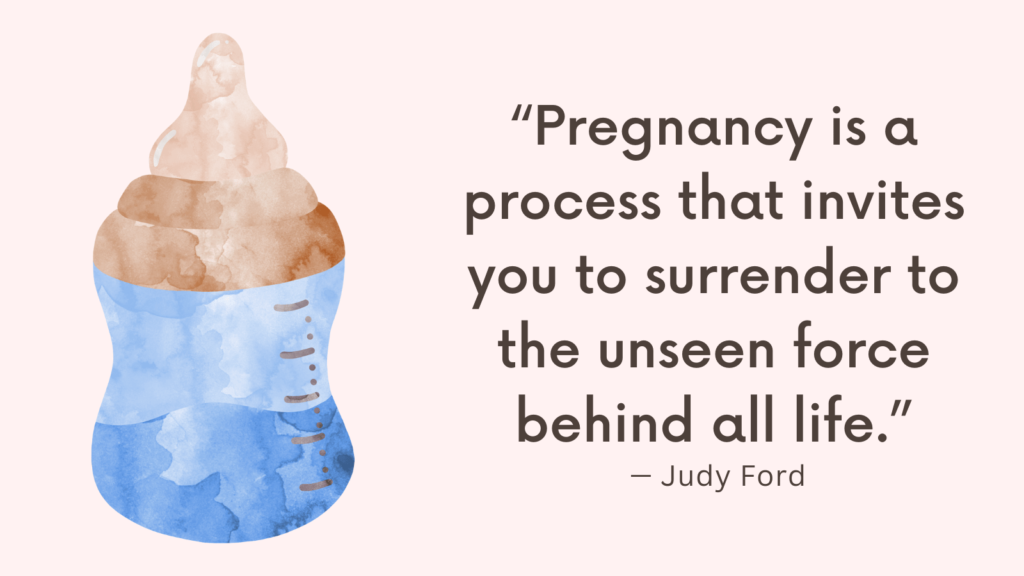Appetite increase, round ligament pain, and baby moving (but not strongly felt yet).
Welcome to the Second Trimester! You’re 14 weeks pregnant, which means you’ve officially entered the “honeymoon phase” of pregnancy. This trimester is often the most enjoyable, as morning sickness improves, energy levels increase, and your baby bump may start showing!
Let’s dive into your baby’s development, changes in your body, and how to manage symptoms at 14 weeks pregnant.
What’s Happening to Your Baby?
At 14 weeks, your baby is about the size of a lemon (8-9 cm or 3.5 inches long) and weighs around 45 grams (1.6 oz). Your little one is becoming more active, expressive, and even growing tiny hair!
Major Developments This Week:
Baby’s Facial Expressions Are Developing! – Your baby can frown, squint, and even make a sucking motion.
The Neck Is Growing Longer – The head is now lifting more from the chest, making your baby look less curled up.
Fine Hair Called Lanugo Covers the Body – This soft, downy hair helps keep your baby warm.
Baby Can Suck Their Thumb! – Reflexes are improving, and you might even see it on an ultrasound.
Arms & Legs Are Growing Stronger – Your baby is moving more, but you won’t feel it just yet.
The Spleen Is Producing Red Blood Cells – Your baby’s circulatory system is maturing.
External Genitalia Are More Developed – If you’re having a boy, his prostate is forming. If you’re having a girl, her ovaries have millions of eggs already!
The Baby’s Skin Is Almost Transparent – But fat deposits will start forming soon to protect their delicate body.
What’s Happening to Your Body?
At 14 weeks pregnant, you may start noticing positive changes! You’re likely feeling more energetic, less nauseous, and starting to see a baby bump.
Common Symptoms at 14 Weeks Pregnant:
Increased Energy – Fatigue starts improving for most women.
Less Nausea – Morning sickness is easing up!
Increased Appetite – You may feel hungrier as nausea fades.
Round Ligament Pain – Mild pulling or stretching as your uterus grows.
Bloating & Constipation – Pregnancy hormones slow digestion, which can cause bloating.
Mood Stabilization – Hormones are balancing, so mood swings may lessen.
Breast Changes – Your breasts may feel less sore, but they’re still growing.
Visible Veins on Belly & Breasts – Increased blood flow makes veins more noticeable.
Nasal Congestion – Higher estrogen levels can cause stuffy noses.
Mild Swelling in Feet & Hands – Water retention may cause slight puffiness.
How to Cope with Week 14 Pregnancy Symptoms
1. Managing Increased Appetite
Eat nutrient-rich foods – Focus on protein, healthy fats, and whole grains.
Snack smart – Nuts, yogurt, and fruits can help keep cravings in check.
Listen to your body – Eat when you’re hungry, but avoid overeating.
2. Boosting Energy Levels
Stay active – Walking, stretching, and prenatal yoga can help.
Get enough sleep – Even if you feel great, your body still needs rest.
Eat iron-rich foods to prevent anemia (spinach, lentils, chicken).
3. Managing Round Ligament Pain
Stretch gently or try prenatal yoga to relieve tension.
Change positions slowly to avoid sudden discomfort.
Use a belly band for extra support if needed.
4. Preventing Constipation & Bloating
Eat fiber-rich foods like fruits, vegetables, and whole grains.
Drink plenty of water to keep digestion moving.
Stay active – Walking can help improve digestion.
5. Handling Nasal Congestion
Use a humidifier in your bedroom at night.
Drink lots of water to keep mucus thin.
Try saline nasal sprays (pregnancy-safe).
6. Coping with Mild Swelling
Elevate your feet when sitting for long periods.
Avoid standing for too long without breaks.
Wear comfortable shoes and avoid tight socks.
What Should You Be Doing in Week 14?
Now that you’re in the second trimester, here’s what to focus on this week:
1. Schedule Your Next Prenatal Appointment
Your doctor may check your uterus size and baby’s heartbeat.
You may discuss gender ultrasound options (usually done between weeks 18-20).
If you’re doing genetic screening tests, they may happen now.
2. Keep Taking Your Prenatal Vitamins
Ensure your vitamin contains 400-800 mcg folic acid for brain and spinal cord development.
A vitamin with DHA & Omega-3s supports baby’s brain growth.
3. Eat a Healthy Pregnancy Diet
Include protein-rich foods like eggs, chicken, and tofu.
Eat calcium-rich foods like yogurt, milk, and cheese.
Stay hydrated – Drink at least 8 glasses of water daily.
4. Start Looking Into Maternity Clothes
Your regular jeans may feel tight, and your baby bump may be growing.
Consider maternity leggings, stretchy pants, or loose dresses.
5. Start Thinking About Baby Names!
If you haven’t started yet, make a list of baby names you like!
Discuss with your partner and narrow down your favorites.
6. Plan a Babymoon (If You Want One!)
The second trimester is the best time to travel before baby arrives.
Check with your doctor if you plan to fly or take a trip.
7. Start a Pregnancy Journal or App
Document how you feel each week.
Take weekly bump photos to track your progress.
Final Thoughts
You’re in the second trimester! This is an exciting phase because many women feel better, gain more energy, and see their baby bump grow.
Your baby is moving more, developing tiny features, and getting stronger every day! Symptoms like bloating, nasal congestion, and round ligament pain may still be there, but you’re on your way to a more comfortable trimester.


